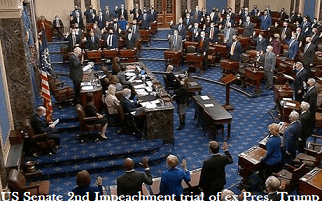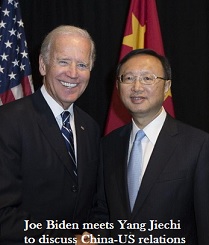“Threatening to bring an entire country to its knees to agree to Facebook’s terms is the ultimate admission of monopoly power”. 
Feb.19.– World politicians have lambasted Facebook’s move to restrict Australians from sharing news on its platform, with some saying the tech giant has behaved in an “anti-democratic” way and more like a “dictator.”
Chairman of the U.S. House of Representatives subcommittee on Antitrust, Commercial and Administrative Law, David Cicilline (D-RI), wrote on Twitter that the move made it clear Facebook was not compatible with democracy.
(...)
- Hits: 4380


